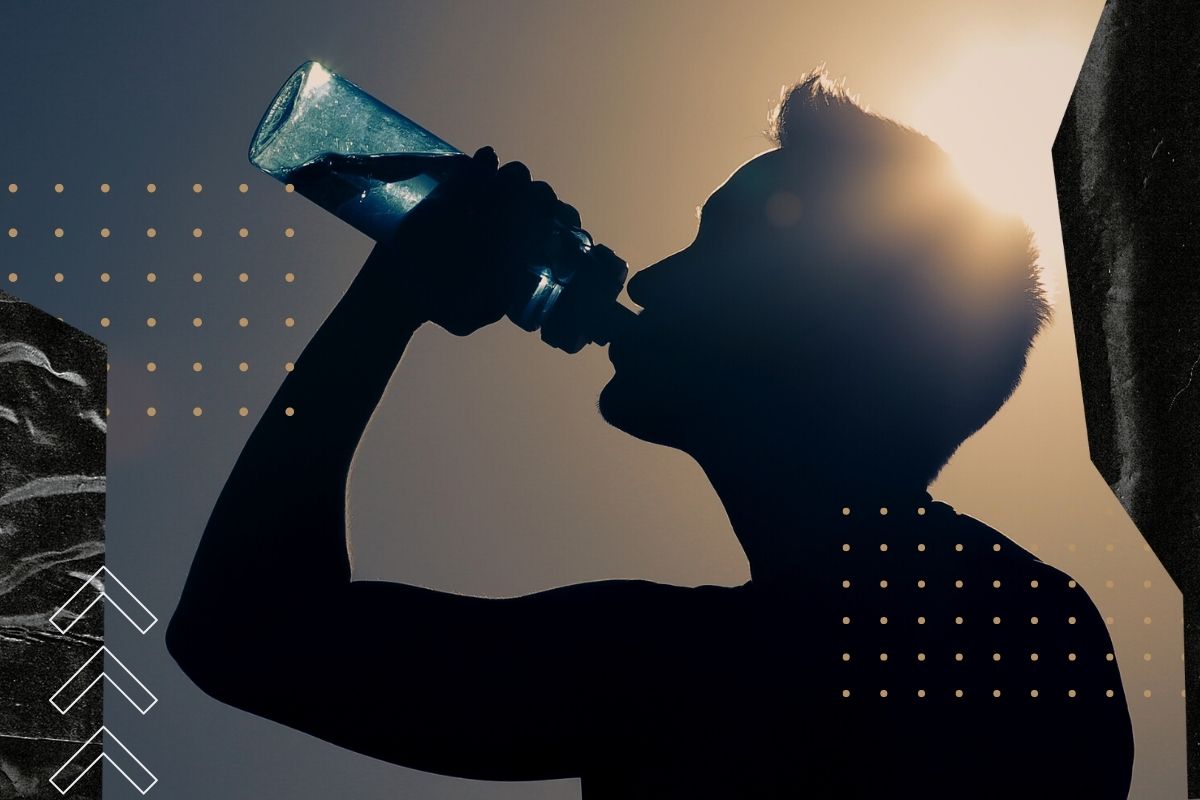When thinking about starting a fasting diet, most people consider food. We often associate fasting with abstaining from something, such as sweets or alcohol. But what about water? Can you drink water while intermittent fasting?
And is it recommended? Read on for answers to these questions and more about drinking water on a fasting diet. Drinking water is an essential part of any healthy lifestyle. You need it to stay hydrated and keep your body running smoothly.
It’s especially important if you’re on a fasting diet because it helps your body get through the fast by keeping you energized and eliminating toxins from your body.
Is Drinking Water Allowed on a Fasting Diet?
Most fasting diets allow you to drink as much water as you like because it’s necessary for survival. It’s important to remember that water and other liquids are not the same things. While they may go into your body, they don’t go towards satisfying your hunger. Keep track of your intake and ensure you are only drinking the recommended amount of water.
You should also remember that water is not the best way to hydrate if you are fasting. That’s because your body does not have to work as hard to process it. Hydrating with water is important because it helps your body flush out toxins and stay energized.
The Importance of Drinking Water During a Fast
When you fast, your energy levels are likely to drop as your body goes into starvation mode. This occurs because your body doesn’t have any glucose to burn. Because of this, it’s important to stay hydrated during a fast so that you can stay energized and avoid feeling sluggish.
If you don’t drink the right amount of water, you could feel fatigued, have headaches, and nausea. Fasting is all about being mindful and listening to your body. If you feel like you’re needing water, then you should keep your body hydrated. You want to avoid getting overtired and having a headache because your body is trying to draw water out of your organs.
You also don’t want to become dehydrated because your body will not be able to function properly without the right amount of water.
How Does Water Help You On a Fasting Diet?
Water is essential for cleansing your body of toxins and keeping your organs healthy. It’s also important for regulating your body temperature and transporting nutrients to your cells. While on a fasting diet, water flushes out toxins from your body and helps regulate your body temperature.
It also helps you to avoid becoming dehydrated. If you drink the right amount of water during your fast, you avoid becoming dehydrated. While this doesn’t mean that you should avoid consuming water completely. It just means that you don’t need to drink it before every meal. Instead, you should drink enough water so that you don’t feel thirsty.
While fasting, you need to be careful that you don’t overdo it with water. If you drink too much water then you will dilute your electrolytes. This can lead to hyponatremia, which is a swelling of your cells caused by too much water in your body.
Tips to Consuming the Right Amount of Water While Fasting
If you’re new to fasting, then you’ll want to start slowly. Most people can handle skipping one meal per day and a 16-hour fast. As you become accustomed to fasting and you feel comfortable with your routine, you can increase the length and number of fasts per week.
When you’re fasting, it’s essential to be mindful of how much water you’re consuming. You don’t want to overdo it but you also don’t want to go too long without water. To make sure you’re consuming the right amount of water while fasting, you should track your intake.
Conclusion
Fasting is an excellent way to detox your body, break unhealthy eating habits, and gain control over your life. However, if you don’t follow the rules, you won’t reap the benefits that come with fasting.
If you want to get the most out of your fasting diet, then you need to remember to drink water. It’s important for flushing toxins from your body and keeping your organs healthy. But you also need to make sure you’re not drinking too much water so that you don’t become dehydrated.
When you know what to expect when you’re fasting, it becomes much easier to get the results you want.





